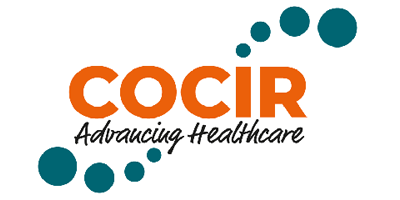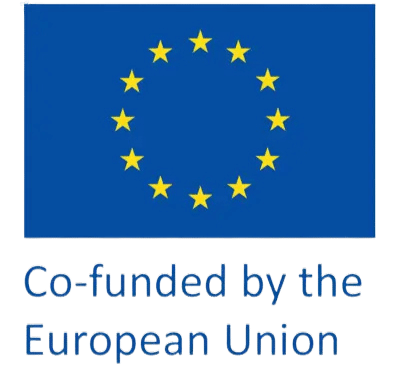
Reducing Non-Human Primates in Non-Clinical Safety Assessment:
The European Initiative on Minipig and Micropig Models
Non-human primates remain essential in the safety testing of new drug candidates, as their genetic, biological, and behavioural similarities to humans provide critical insights into the safety, efficacy, and potential side effects of these drugs. The EU Directive 2010/63/EU underlines the importance of ethical animal research, encouraging for the replacement, reduction, and refinement of animal use while acknowledging that certain complexities of human biology can only be effectively studied in non-human primates.

Our Mission.
NHPig is an EU-funded research project aimed at transforming non-clinical safety assessment by use of mini- and micropig models. The goal is to expand and share biological knowledge on mini- and micropig models and improve the translational understanding between pig models and non-human primates (NHPs) and humans with the possibility to use these pig models as viable alternatives to NHPs in the nonclinical safety testing.
years
partners
million EUR
Meet the consortium.
NHPig is a 5-year European public-private partnership backed by €17.5 million in funding from the Innovative Health Initiative Joint Undertaking and contributing private industry partners. The project consortium brings together leading international experts from 27 partner organisations led by the Ludwig-Maximilians-Universität München (Germany) and Novo Nordisk A/S (Denmark).

Latest News.
NHPig featured in Citeline’s Pink Sheet
The NHPig project was recently highlighted in Citeline’s Pink Sheet, showcasing our efforts to improve drug testing reliability by replacing non-human primates with pigs. Read...
AI tool addressing questions on Göttingen Minipigs
The Ellegaard Göttingen Minipigs A/S has developed an AI Chatbot, where you can ask questions concerning Göttingen Minipigs. The new AI tool answers your questions about Göttingen Minipigs in biomedical research based on existing research published on PubMed and...
New project tackles use of non-human primates in research
The Innovative Health Initiative (IHI) has published a news article about the NHPig project. Click and read the full article here:
Contact Us.
Leave a message










Funding acknowledgement
This project is supported by the Innovative Health Initiative Joint Undertaking (IHI JU) under grant agreement No 101165643. The JU receives support from the European Union’s Horizon Europe research and innovation programme and COCIR, EFPIA, Vaccines Europe, EuropaBio and MedTech Europe and Breakthrough T1D and VeriSIM Life.









Funding acknowledgement
This project is supported by the Innovative Health Initiative Joint Undertaking (IHI JU) under grant agreement No 101165643. The JU receives support from the European Union’s Horizon Europe research and innovation programme and COCIR, EFPIA, Vaccines Europe, EuropaBio and MedTech Europe and Breakthrough T1D and VeriSIM Life.



